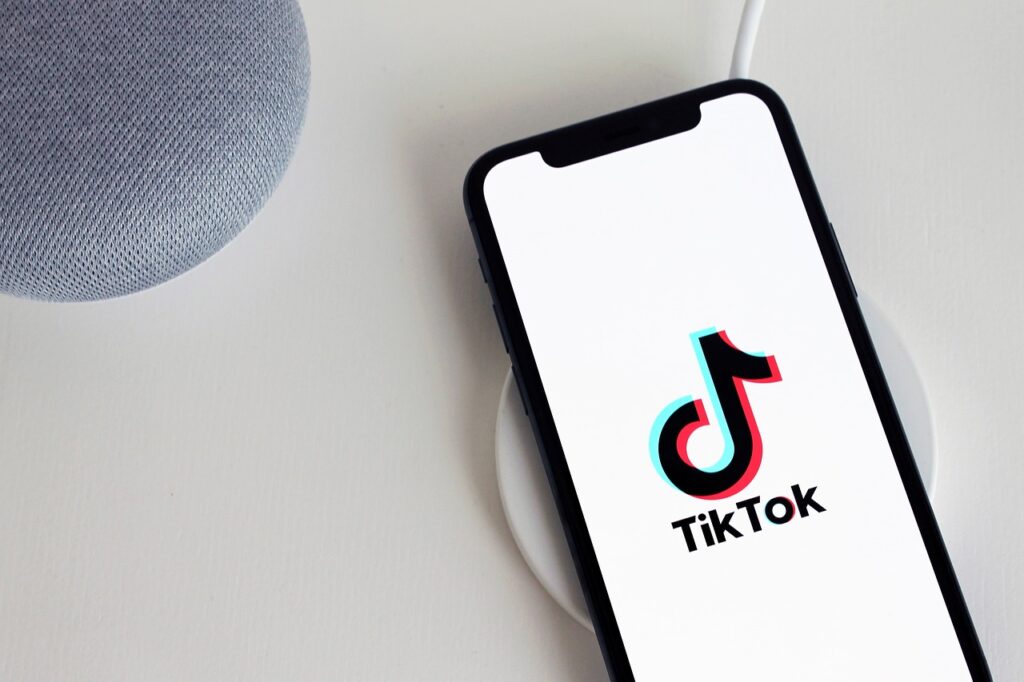A recent study has found that a significant number of popular TikTok videos about ADHD contain misleading information about the disorder’s symptoms. Researchers have raised concerns about the growing trend of relying on social media platforms for medical advice, urging viewers to approach ADHD-related content with skepticism. The study examined 100 of the most-watched TikTok videos on ADHD, revealing troubling discrepancies in the accuracy of the information presented.
Experts and Viewers Perceive ADHD Content Differently
The study analyzed 100 TikTok videos, focusing on the top-viewed content about ADHD. Two clinical psychologists evaluated these videos based on official diagnostic criteria, discovering that only 48.7% of them presented accurate information. Following this, over 800 students were asked to assess 10 of the videos—five considered reliable and five deemed unreliable by experts.
The results highlighted a clear divide in perception. The most reliable videos were rated 3.6 out of 5 by professionals, while students gave them only a 2.8. In contrast, the least reliable videos received a 1.1 rating from experts but were rated 2.3 by students. This difference suggests that younger audiences struggle to distinguish between trustworthy content and misinformation, increasing the risk of misunderstanding ADHD.
Lack of Expert Sources and Financial Motives
The study revealed that the most popular ADHD-related TikTok videos garnered nearly half a billion views. Despite their extensive reach, a majority of these videos lacked credible sources. Only 20% of content creators mentioned their qualifications, and just one-third disclosed their credentials in their profiles. Among those who did provide information, 83.6% referred to personal experience, 13.1% identified as life coaches, and only 3.2% had any psychological training—none of them held advanced degrees such as a PhD, PsyD, or MD.
Another concerning finding was that nearly 50% of creators were promoting products or seeking financial gain, raising questions about the motivations behind the content. The lack of professional expertise combined with commercial interests may contribute to the spread of inaccurate information, putting viewers at risk.
The Risks of ADHD Misinformation on Social Media
The study also highlighted a troubling trend among individuals who self-diagnosed ADHD. These individuals were more likely to trust unreliable videos than those with a clinical diagnosis. This is a significant concern, as self-diagnosis often relies on inaccurate or incomplete information from non-expert sources, potentially leading to misconceptions about ADHD and its treatment.
While social media platforms like TikTok have played a role in raising awareness and reducing stigma surrounding mental health, researchers caution that personal anecdotes, when not supported by medical facts, can perpetuate misunderstandings. ADHD is a complex neurodevelopmental disorder that requires professional diagnosis and treatment. Relying on TikTok videos for information may result in individuals misidentifying symptoms or pursuing ineffective treatments.
Expert Advice on Navigating ADHD Content
Vasileia Karasavva, one of the study’s authors, stressed the importance of critically evaluating ADHD content on social media. She emphasized that viewers should prioritize scientifically verified sources and consult medical professionals when seeking information about mental health conditions. While platforms like TikTok offer a space for discussion and shared experiences, they are not substitutes for expert guidance.
As the popularity of social media continues to grow, it is essential for viewers to be cautious when seeking information about ADHD and other mental health conditions. This study serves as a reminder that while social media can foster understanding, it can also spread misinformation. For accurate information on ADHD, individuals should turn to trusted, evidence-based sources and avoid relying solely on videos created by non-experts.


